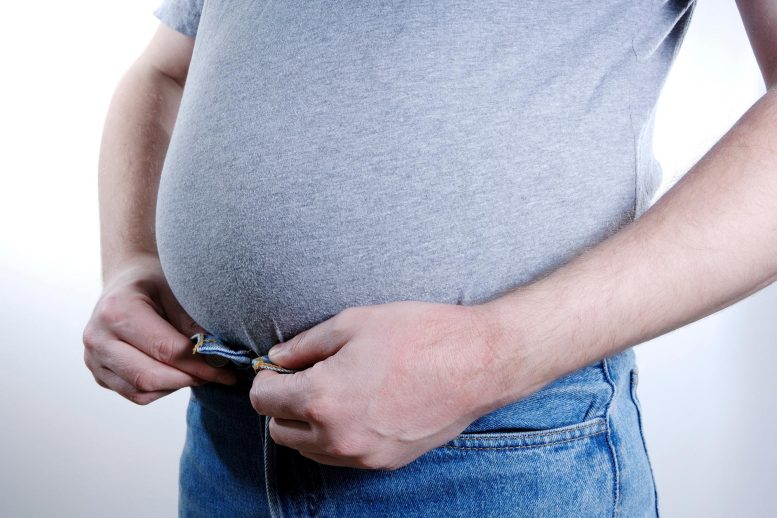
If you struggle with your weight, it might not just be bad food choices that are to blame. It’s also how you eat your meals. Choose what you put on your plate wisely, but also learn how to eat in a way that maximizes the satiety benefits you get from your diet. Here are five habits that can wreak havoc on your best-made weight loss plans.
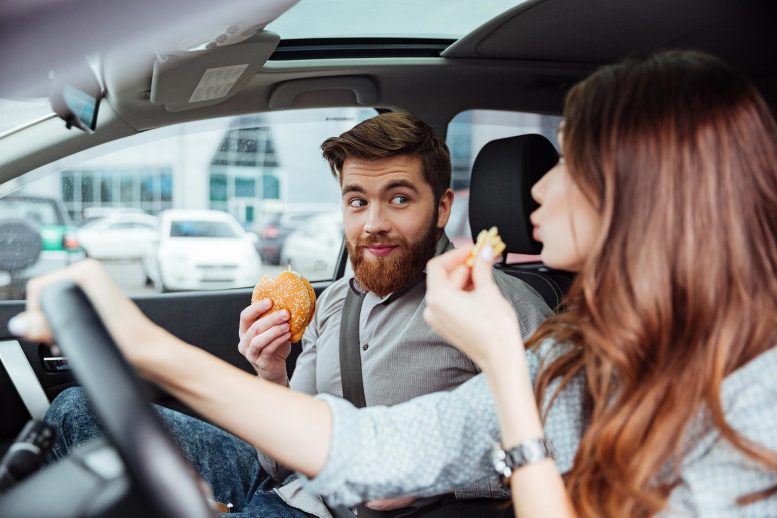
Grabbing Meals on the Run
Eating on the run is a common habit that can lead to weight gain over time. When you eat on the run, you grab convenience foods you can devour in a hurry, and they’re rarely a healthy choice. The problem with eating fast food is that it contains high amounts of fat and sugar, which are linked to obesity and other health problems like diabetes and heart disease.
Fast food can also be expensive compared to preparing your meals at home. Despite the popular belief that fast food is cheap, you can prepare a healthier meal at home for less. Plus, you’ll pay for that low-nutrition fast food meal later with poor health.
If you wolf down your food, your brain doesn’t get the notification that you’re full. It takes about twenty minutes for your brain to get that message. Eating on the move also increases cortisol — the stress hormone that promotes weight gain in undesirable areas like your waist and abdomen. Slow down and savor your food and appreciate its sensory attributes and you’ll be more satisfied!
If you know you’ll be rushed, plan ahead. There are healthy snacks that can tide you over until dinner or lunchtime. For example, try carrots with hummus or half an avocado with a side of whole grain crackers. If you don’t have time for a proper meal, grab a salad from your local grocery store or make one yourself using fresh ingredients.

Munching in Front of a Screen
Do you watch your favorite television show or work on the computer while you munch? Such habits can expand your waistline and reduce the enjoyment you get from a meal. You might even eat your meal without tasting it!
We all have bad habits that we’re not proud of, but they don’t need to stay that way. Here are some tips to help you break the bad habit of multitasking while eating:
1) Sit down at a table when you eat. Don’t eat in front of the television or computer screen. If possible, create a specific space for eating meals–one that’s away from other activities like watching TV or working on your computer.
2) Turn off electronics before sitting down to eat. No checking email, reading tweets, or watching videos while you eat–even if it’s just for 10 minutes! This is an important step because it will help you focus on what you’re eating. With this strategy, you’ll enjoy your food more and feel satisfied after every meal.
3) Take small bites and chew slowly. This allows your brain time to recognize you’re full, so you don’t overeat! It also ensures you taste and appreciate what’s going into your body.
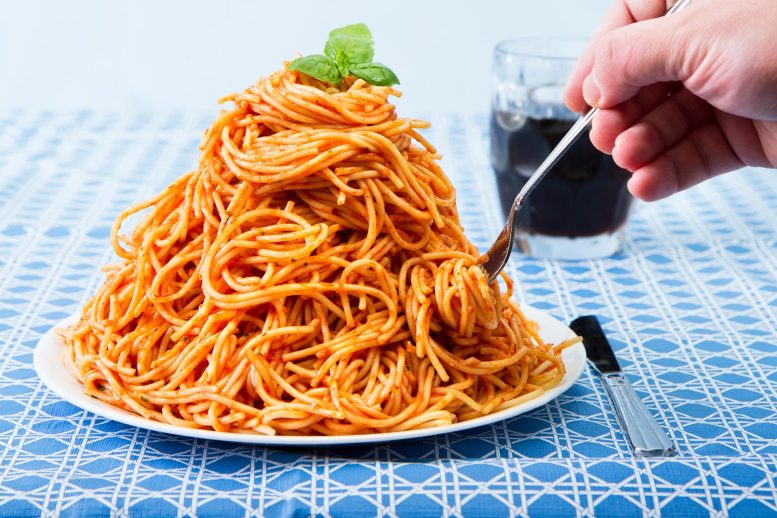
Supersizing Your Dishes
Research shows the size of the plate or bowl you eat out of can affect how much you eat. If you dine on larger dinnerware, food looks smaller on the plate, and you feel like you’re eating less. Therefore, you’re more likely to go back for seconds. In contrast, a meal looks like more when it’s on a small plate, so you’re satisfied with less. If you want to cut back on your calorie intake without suffering from hunger pangs, try setting your table with smaller dishes.
Choose subdued colors for your plates too. Red, orange, and yellow are bright, motivating colors that stimulate appetite, while muted shapes of blue, green, or brown are less likely to perk up your appetite and cause you to eat more.
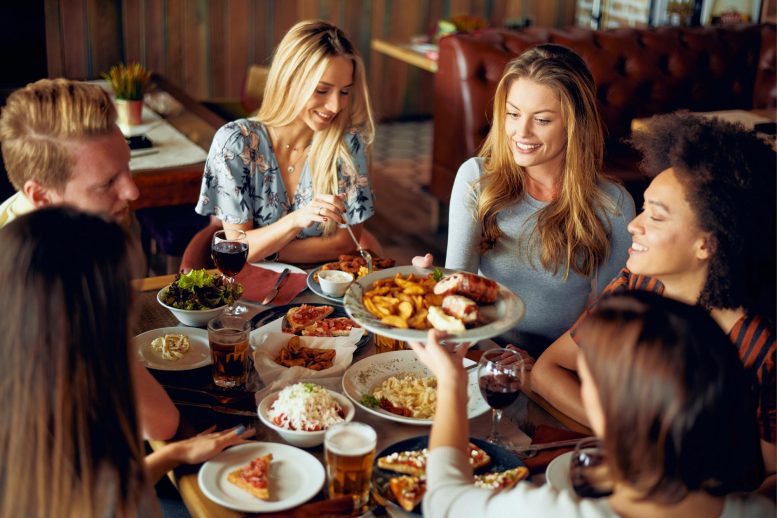
Dining Out with Others
Research findings suggest people consume more calories while dining with others than when eating alone. Why? When you eat with others, you focus less on your food because you’re distracted by conversation and good times.
Plus, with social events, you’re more likely to justify ordering a high-calorie dessert or sipping a high-calorie alcoholic beverage. You may feel like it’s expected or socially acceptable to consume more calories at restaurants than at home.
For example, if everyone around the table orders an appetizer or dessert, one person’s indulgent choice can influence everyone else’s choices. Plus, drinking alcohol can cause you to lose track of how much you’re eating.
Stick with meals balanced in terms of protein, carbohydrates, and fats (like salmon with brown rice and broccoli). And if you’re going out for dinner with friends or family members who are less than healthy eaters? Maybe you can talk them into ordering something healthier.
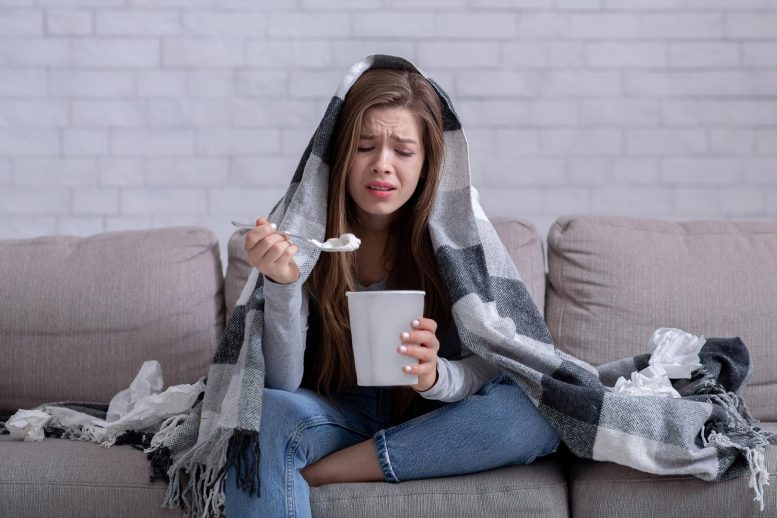
Using Food as a Way to Relieve Stress
We’ve all been there: you’re in a stressful situation, and all you want is comfort food. Maybe it’s a giant bowl of ice cream or a plate of fries. But here’s the thing: eating your feelings doesn’t make you feel better! It can also cause weight gain.
Eating high-calorie foods when you’re stressed can increase your blood sugar levels, increase insulin production, and tell your body to store fat rather than burn it off. That means instead of losing weight because you’re stressed about work, you might start gaining weight because of stress!
So, what should you do? Put down the ice cream (or don’t buy it at all) and find other ways to alleviate stress–like listening to music or talking with friends who make you laugh.
The Bottom Line?
Eating better isn’t just about making healthier food choices. It’s also about creating an environment that helps you resist temptation. Keep these tips in mind to avoid eating habits that cause weight gain.
References:
- Medical Daily. “Want To Stop Snacking So Much? Try Eating Off A Red Plate”
- “Stress and weight gain – Mayo Clinic.” 18 August 2020, mayoclinic.org/healthy-lifestyle/stress-management/expert-answers/stress/faq-20058497.
- “Why stress causes people to overeat – Harvard Health.” 15 February 2021, health.harvard.edu/staying-healthy/why-stress-causes-people-to-overeat.
- Appetite 58 (2012) 299-302.
- “A systematic review and meta-analysis of the social facilitation of eating” by Helen K Ruddock, Jeffrey M Brunstrom, Lenny R Vartanian and Suzanne Higgs, 21 August 2019, The American Journal of Clinical Nutrition.
DOI: 10.1093/ajcn/nqz155



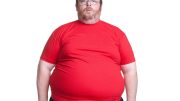
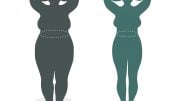

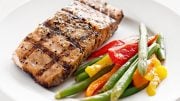

Be the first to comment on "5 Terrible Eating Habits That Cause Weight Gain"